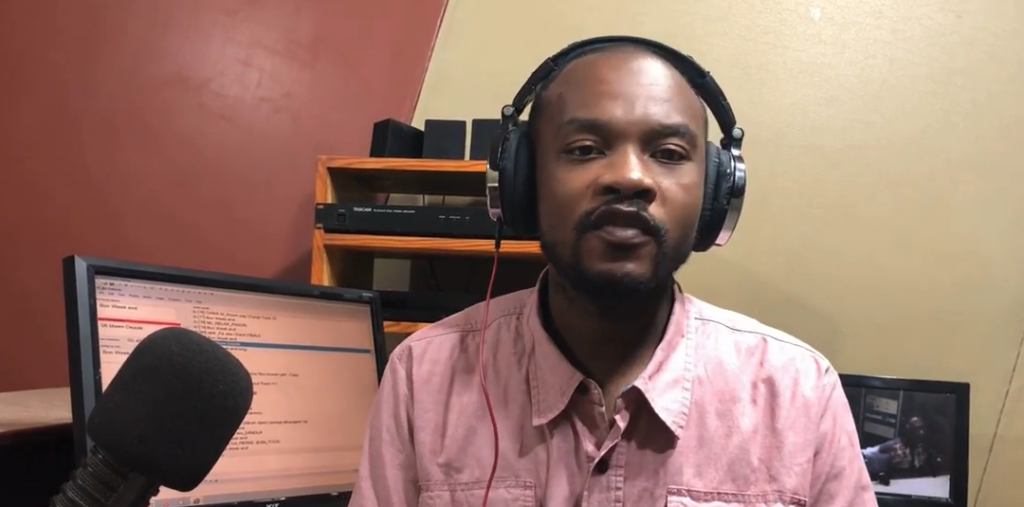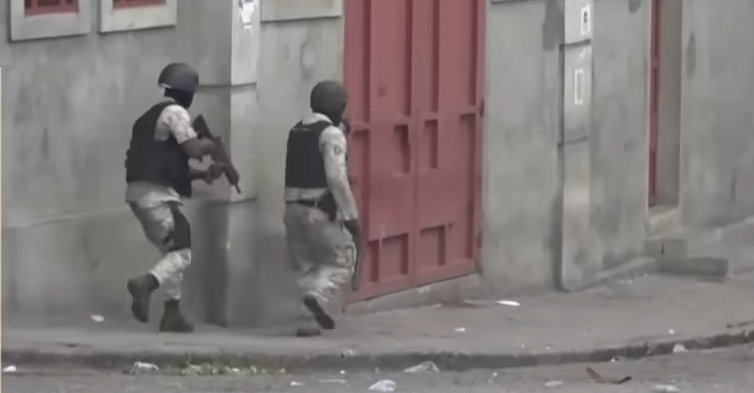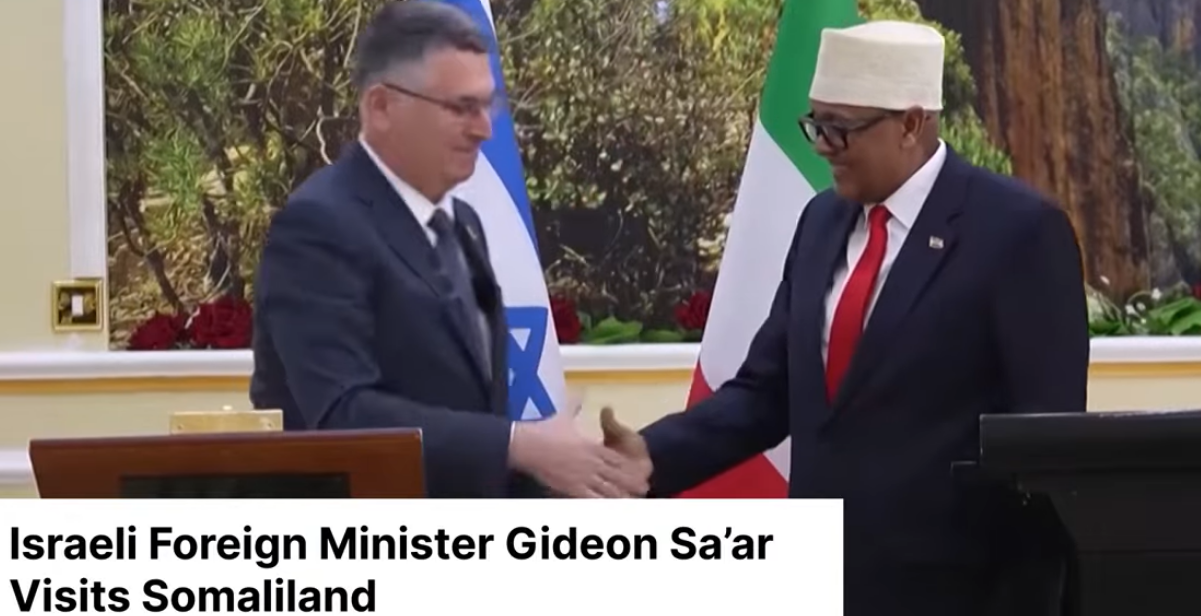By IFEX
Photos: YouTube Screenshots
Two years after the murder of journalists Frantzsen Charles and Tayson Lartigue in Haiti, the Inter American Press Association (IAPA), through its “Voices Calling for Justice” campaign, urges keeping alive the memory of the fallen reporters in the country and continuing to demand that all those responsible for these crimes be identified and prosecuted.
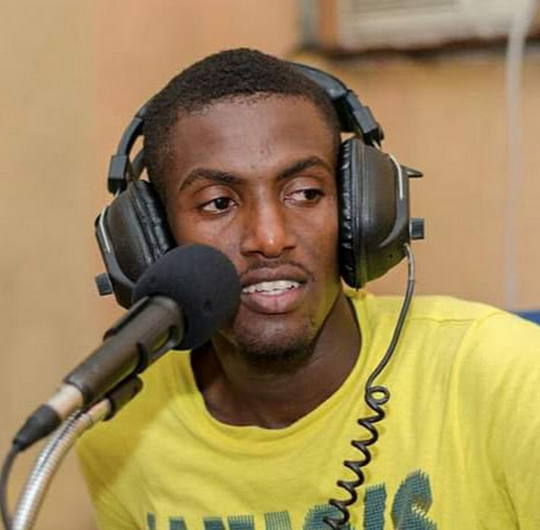
On September 11, 2022, Frantzsen Charles, Tayson Lartigue (above), and five other journalists were covering clashes between rival gangs in the Cité Soleil neighborhood of Port-au-Prince when they were attacked with firearms. According to journalistic reports, Charles and Lartigue were ambushed, shot, and their bodies burned. They were working on a report about insecurity in the area, one of the most dangerous in the Haitian capital.
Charles, 28, worked for the news portal FS News, and Lartigue, 30, managed Tijèn Jounalis on Facebook and other social media platforms, where he published content on local and regional issues.
Carlos Jornet, president of the IAPA’s Committee on Freedom of the Press and Information, stated that “although it is known that journalists in Haiti work in an extremely difficult environment, marked by violence and a high degree of impunity, this is no excuse not to persevere in the demand for justice for the murders of our colleagues.”
Jornet, editorial director of the newspaper La Voz del Interior in Argentina, added that “the memory of these two murdered journalists, whose cases remain unsolved, is an urgent call to Haitian authorities to ensure the safety of journalists, who carry out their work without minimal security guarantees, without the necessary resources, and without adequate protection.”
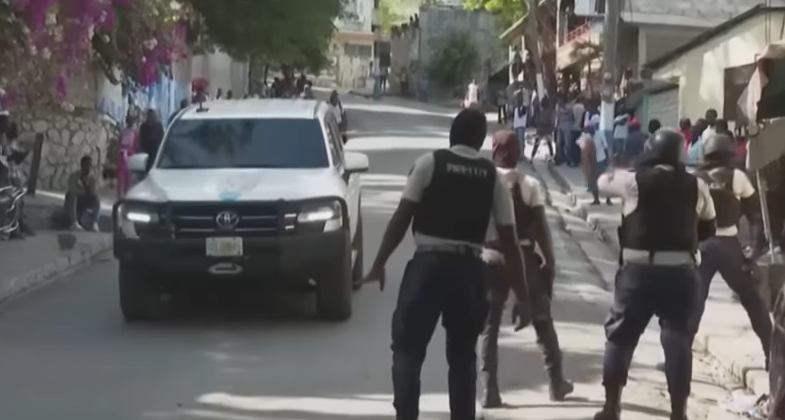
Haitian journalism has been victimized by violent protesters, gangs, and economic hardship. The press has endured murders, intimidation, kidnappings, and attacks on media outlets.
In 2022, nine journalists were murdered. In addition to Charles and Lartigue, the victims included Garry Tesse, Francklin Tamar, Fritz Dorilas, Romelson Vilcin, Maxihen Lazarre, Wilguens Louissaint, and Amady John Wesley.
In 2023, three reporters were killed: Paul Jean Marie, Ricot Jean, and Dumesky Kersaint. Although journalist murders decreased, the press continued to suffer from kidnappings and threats, according to a report prepared for the IAPA.
In May of this year, the Special Rapporteur for Freedom of Expression (SRFOE) of the Inter-American Commission on Human Rights (IACHR) reiterated its “for the grave situation of journalists in Haiti, a country that currently faces the greatest challenges to press freedom in the hemisphere.” It urged the Transitional Presidential Council, installed in Haiti on April 25, to restore democratic order and curb the violence plaguing the country, and “to adopt assistance mechanisms and necessary measures that take into account the safety and protection of journalists in Haiti so they can carry out their work safely and freely.”
